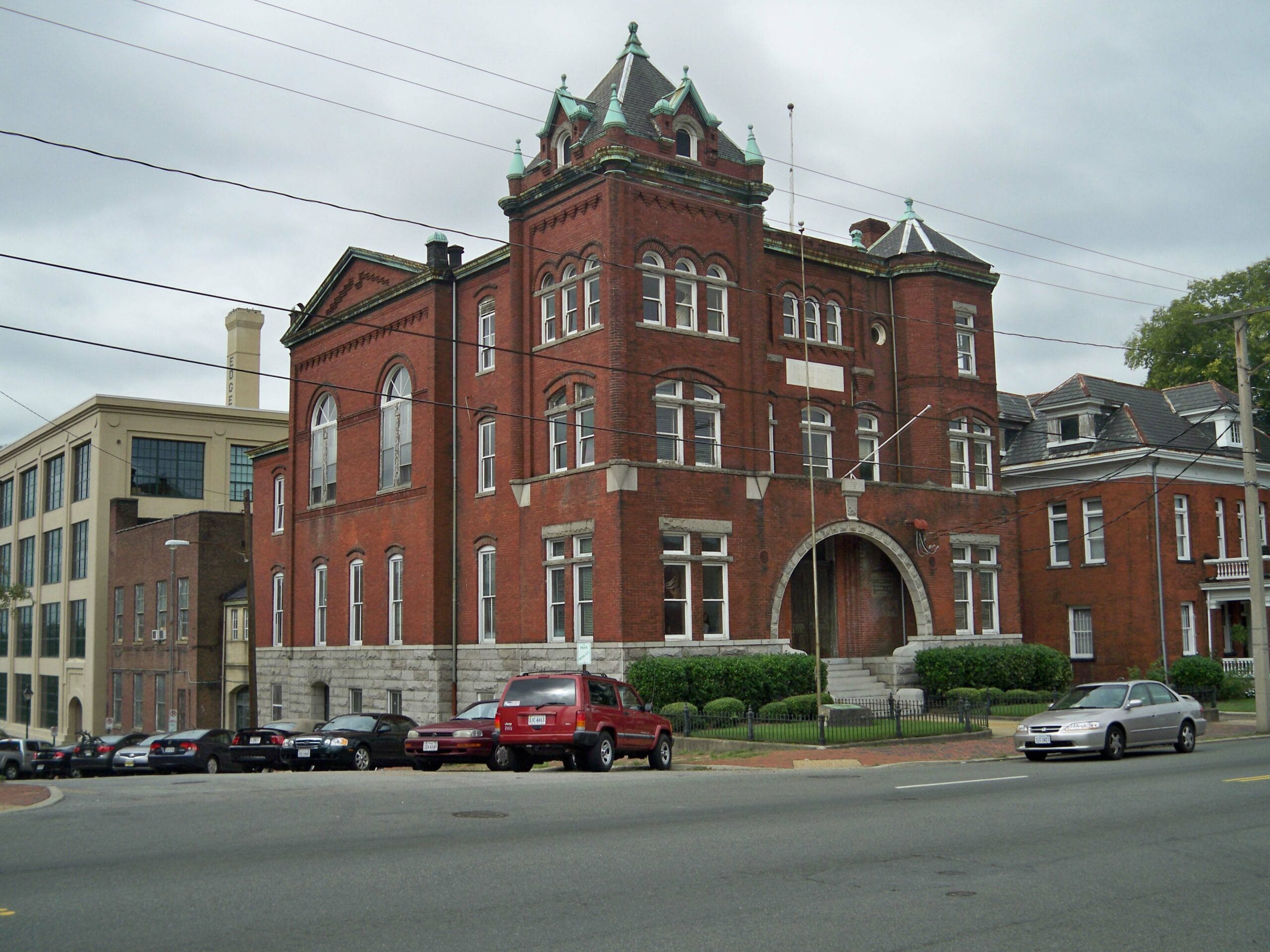Navigating the Virginia court system can be challenging. This comprehensive guide provides clear, factual information about the Henrico County Circuit Court, including its jurisdiction, procedures, key personnel, and access to records.
Understanding the Henrico Circuit Court
The Henrico County Circuit Court, part of Virginia’s 14th Judicial Circuit, handles the county’s most serious legal matters, including felonies, complex family law issues, and major civil disputes. Five full-time judges, along with the Clerk of Court, ensure the efficient administration of justice within the community.
Court Jurisdiction and Divisions
The court’s jurisdiction encompasses significant legal issues arising within Henrico County. It is divided into three main divisions:
Criminal Division
This division handles felony cases, including drug offenses, violent crimes, and other major violations of Virginia law.
Civil Division
The Civil Division addresses disputes between individuals or organizations, ranging from contract breaches and personal injury claims to property disagreements. Cases involving claims exceeding $25,000 fall under the exclusive jurisdiction of the Circuit Court. For claims between $4,500 and $25,000, the Circuit Court shares jurisdiction with the General District Court.
Equity Division
This specialized division handles cases requiring specific performance of contracts, injunctions (court orders to stop certain actions), and other remedies beyond monetary compensation.
Court Procedures and Information
Finding Case Information
Accessing case information often requires navigating various resources. The Virginia’s Judicial System website may provide some case details. Land records are typically accessed through Logan Systems (subscription required through the Circuit Court Clerk). Information on less serious criminal and traffic cases handled by the General District Court is generally available online. Additional resources may be found on the Henrico County website and through the Henrico County Bar Association.
Court Schedules and Motions
Civil motions are typically heard on Fridays at 9:30 a.m., but must be scheduled in advance by phone. Criminal cases are generally scheduled following appeals from lower courts or preliminary hearings, with the court typically convening at 9:00 a.m. daily. Jury trials in Circuit Court usually begin at 10:00 a.m.
Contacting the Court
Location and Hours
The Henrico County Circuit Court is located at 4309 E Parham Rd, Courthouse Bldg Ste 240, Henrico, VA 23228. Court hours are Monday through Friday, 8:00 a.m. to 4:00 p.m.
Contact Information
- Main Phone: (804) 501-4202
- Jury Duty Inquiries: (804) 501-4812
Jury Duty
Serving on a jury is a vital civic duty, ensuring fair trials judged by peers within the community. Contact the Jury Officer for any jury duty-related questions.
The Clerk of Court: Heidi S. Barshinger
The Honorable Heidi S. Barshinger serves as the Henrico County Circuit Court Clerk. Her multifaceted role includes:
- Recorder of Deeds: Maintaining meticulous records of land ownership, crucial for property transactions.
- Probate Judge: Navigating the complexities of wills, estates, and inheritances.
- Court Administrator: Overseeing daily court operations, ensuring efficiency in all proceedings.
Ms. Barshinger’s office also provides services such as issuing marriage licenses, processing fictitious name registrations for businesses, and recording court judgments.
Contacting the Clerk’s Office
- Phone: (804) 501-4202
- In-Person: 4309 E. Parham Road, Room 240, Henrico, VA 23228 (8:00 a.m. – 4:00 p.m.)
- Mail: P.O. Box 90775, Henrico, VA 23273-0775
OCRA System
A significant advancement under Ms. Barshinger’s leadership is the Online Case Retrieval Application (OCRA) system. OCRA allows attorneys remote access to case files dating back to 2014, enhancing efficiency and potentially reducing the need for physical courthouse visits.
Virginia Court System Overview
What Type of Cases Are Heard in Virginia Circuit Court?
Virginia Circuit Courts handle a range of complex legal matters. They have exclusive jurisdiction over civil cases with claims exceeding $25,000 and share jurisdiction with the General District Court for claims between $4,500 and $25,000. In criminal matters, Circuit Courts handle felonies. They also address family matters such as divorce, child custody, and child support. Furthermore, Circuit Courts serve as appellate courts, reviewing decisions from lower courts like the General District Court and the Juvenile and Domestic Relations District Court. Finding records can be challenging, as Virginia lacks a single statewide online database. Many Circuit Courts maintain their own online systems, while others have limited or no online access. Juvenile records are generally confidential.
What is the Difference Between Circuit Court and District Court in Virginia?
Virginia’s court system is essentially a two-tiered structure. The General District Court (GDC) handles less serious matters like traffic violations, misdemeanors, and civil cases involving $25,000 or less. GDC proceedings do not involve juries; a judge makes the final decision. The Circuit Court, on the other hand, handles more complex cases, including felonies, civil cases over $25,000, and appeals from the GDC. Circuit Court cases may involve jury trials. For civil cases between $4,500 and $25,000, both GDC and Circuit Court have concurrent jurisdiction, allowing the plaintiff to choose where to file. Appeals from GDC to Circuit Court are de novo, meaning the case is retried from the beginning. This two-tiered system helps manage the state’s judicial workload, though there’s ongoing debate on its funding and structuring.
For property insights and assessments in other areas, consider exploring resources like the Carroll County Assessor Iowa and the financial records managed by the Coshocton County Auditor.
- Red Cloud, NE: Discover Willa Cather’s Legacy - April 11, 2025
- Remember Old Social Media Sites? Their Rise and Fall - April 11, 2025
- How many days till Feb 3?Accurate Countdowns & Tools - April 11, 2025
















